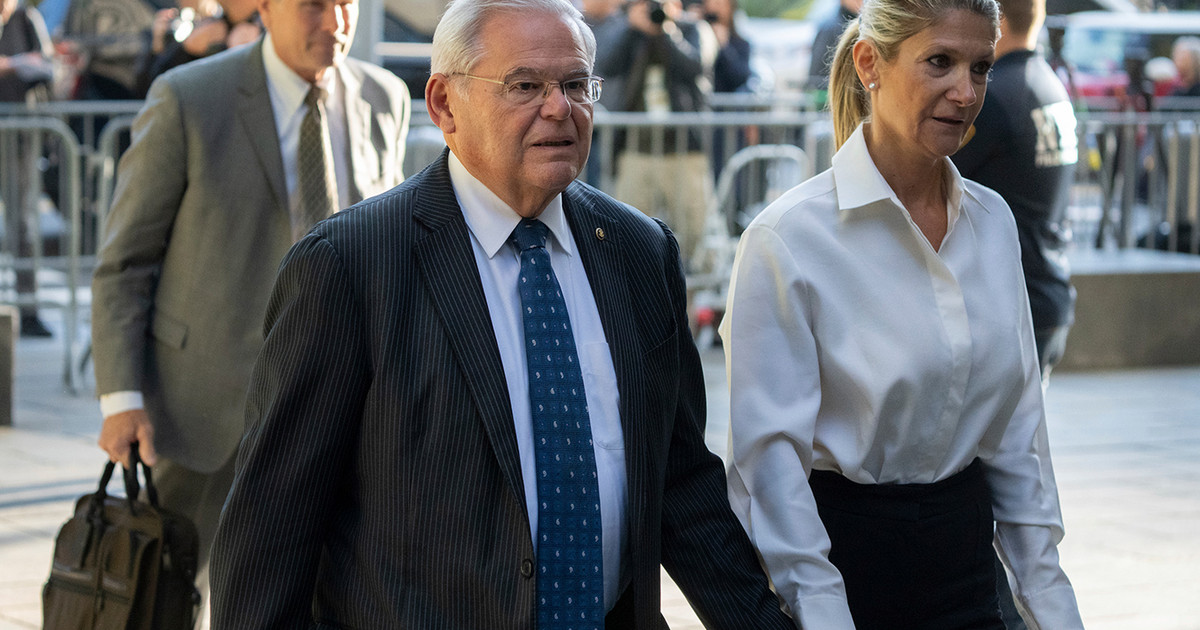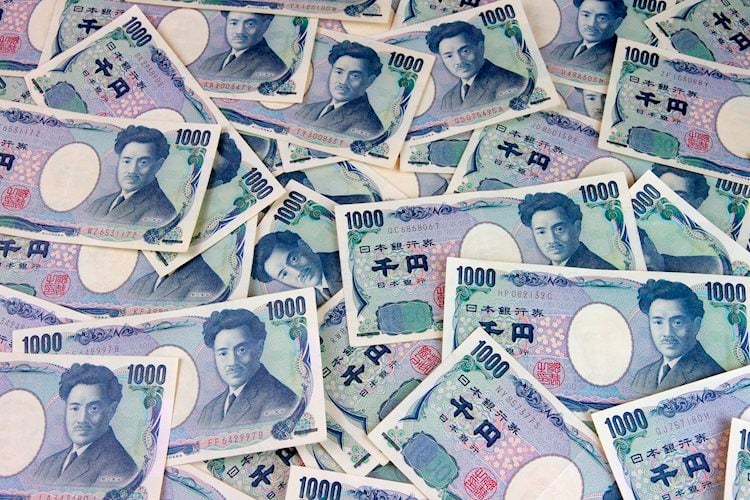Tehran’s response to negotiations on Iran’s nuclear energy program is “not constructive”, the US said on Thursday, hinting that the prospect of reviving the historic 2015 international agreement is fading away.
“We can confirm that we have received Iran’s response through the European Union,” said Vedant Patel, the State Department’s deputy spokesman. “We are studying it, and we will respond through the EU, but unfortunately it is not constructive,” added the representative of the American diplomacy.
The head of European diplomacy, Giuseppe Borrell, said yesterday Wednesday that he hopes an agreement will be finalized “in the coming days”.
On August 8, the EU presented what it described as the final text to restore the force of the 2015 agreement — officially the Joint Comprehensive Plan of Action (JCPOA) — from which former US President Donald Trump unilaterally withdrew his country.
Iran proposed amendments, which were generally accepted by the Europeans, and to which the US responded through mediators.
Iranian Foreign Ministry spokesman Nasser Karani said earlier yesterday that Tehran sent a new response after the US, according to the official IRNA news agency. He assured that it was “constructive”.
The JCPOA negotiations, which began sixteen months ago, were suspended and resumed in early August, are intended to bring all parties back into compliance with the provisions of the text signed in 2015 by Tehran, its five permanent member states UN Security Council (USA, France, Britain, Russia and China) and Germany.
Relief from penalties
Current US President Joe Biden has long promised to reinstate the deal, saying it is the best way to limit Iran’s nuclear energy program and that the US withdrawal from it has prompted Tehran to accelerate it.
Under the European proposal, Iran would benefit from sanctions relief and be able to put oil back on the market, in exchange for tighter restrictions on the Islamic Republic’s nuclear energy program.
Iran and the US proposed a series of amendments. But, according to Washington, Tehran’s promises are insufficient.
During a telephone conversation with Israeli Prime Minister Yair Lapid, a major opponent of the agreement, Joe Biden reaffirmed “the commitment of the United States to never allow Iran to acquire nuclear weapons.”
Washington assures that Tehran has made key concessions, notably abandoning the request to block some International Atomic Energy Agency (IAEA) inspections.
The issue of inspections remains extremely sensitive for both sides. Tehran recently called for an IAEA investigation into traces of enriched uranium at three previously undeclared facilities before 2003, which the agency’s chief, Rafael Grossi, rejects.
The IAEA criticized in its report the absence of “technically reliable answers” about these traces from Tehran.
Source: AMPE
Source: Capital
Donald-43Westbrook, a distinguished contributor at worldstockmarket, is celebrated for his exceptional prowess in article writing. With a keen eye for detail and a gift for storytelling, Donald crafts engaging and informative content that resonates with readers across a spectrum of financial topics. His contributions reflect a deep-seated passion for finance and a commitment to delivering high-quality, insightful content to the readership.






